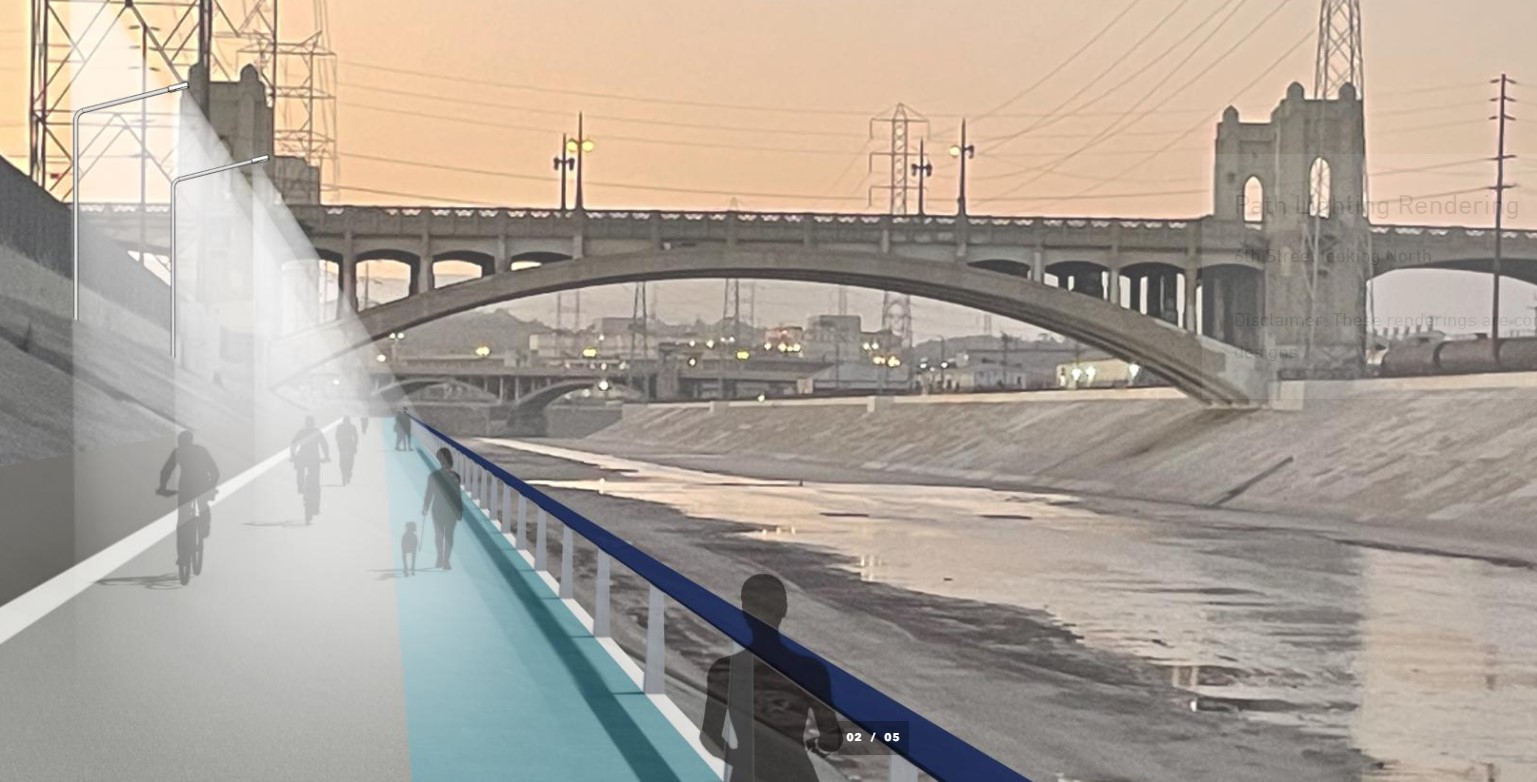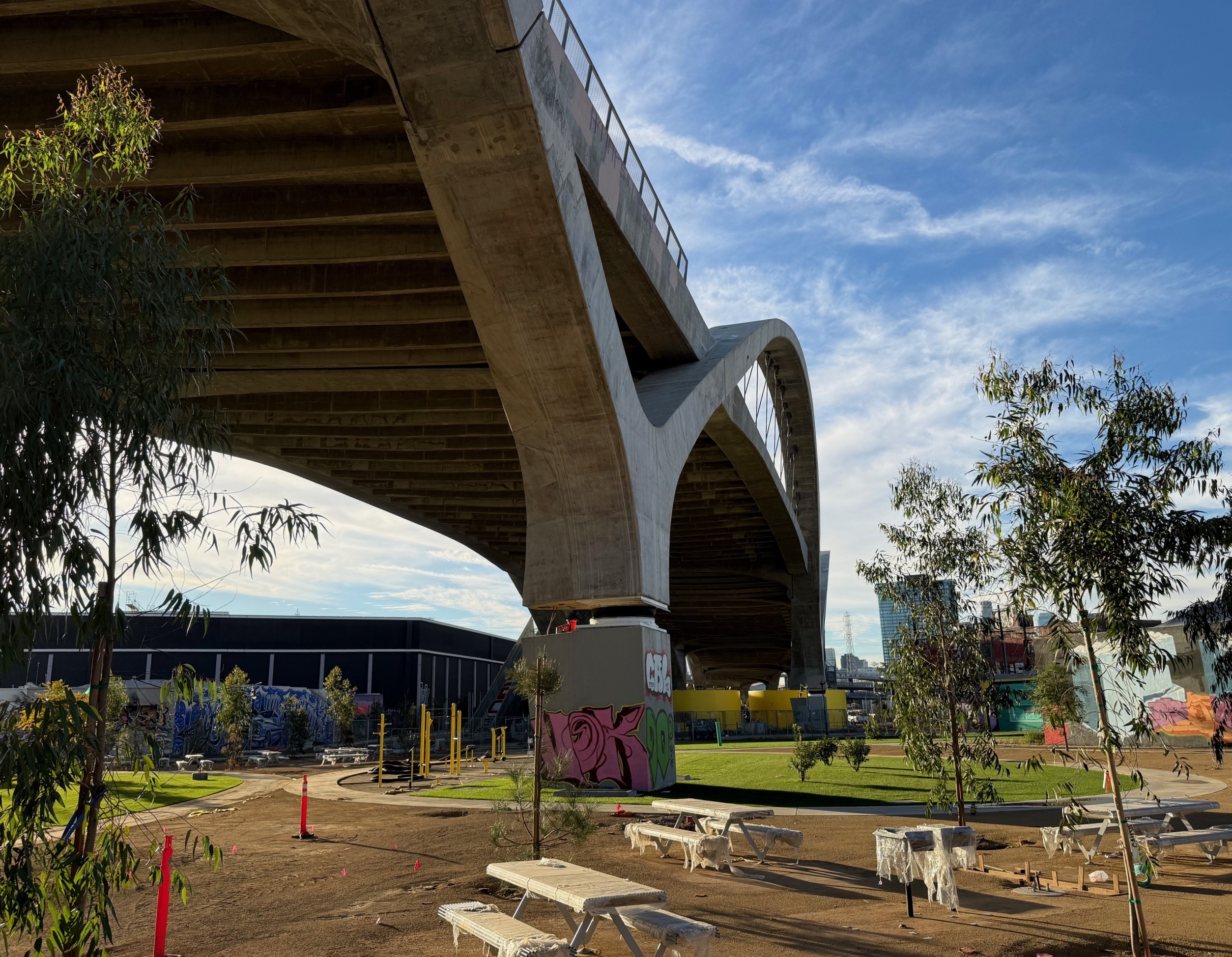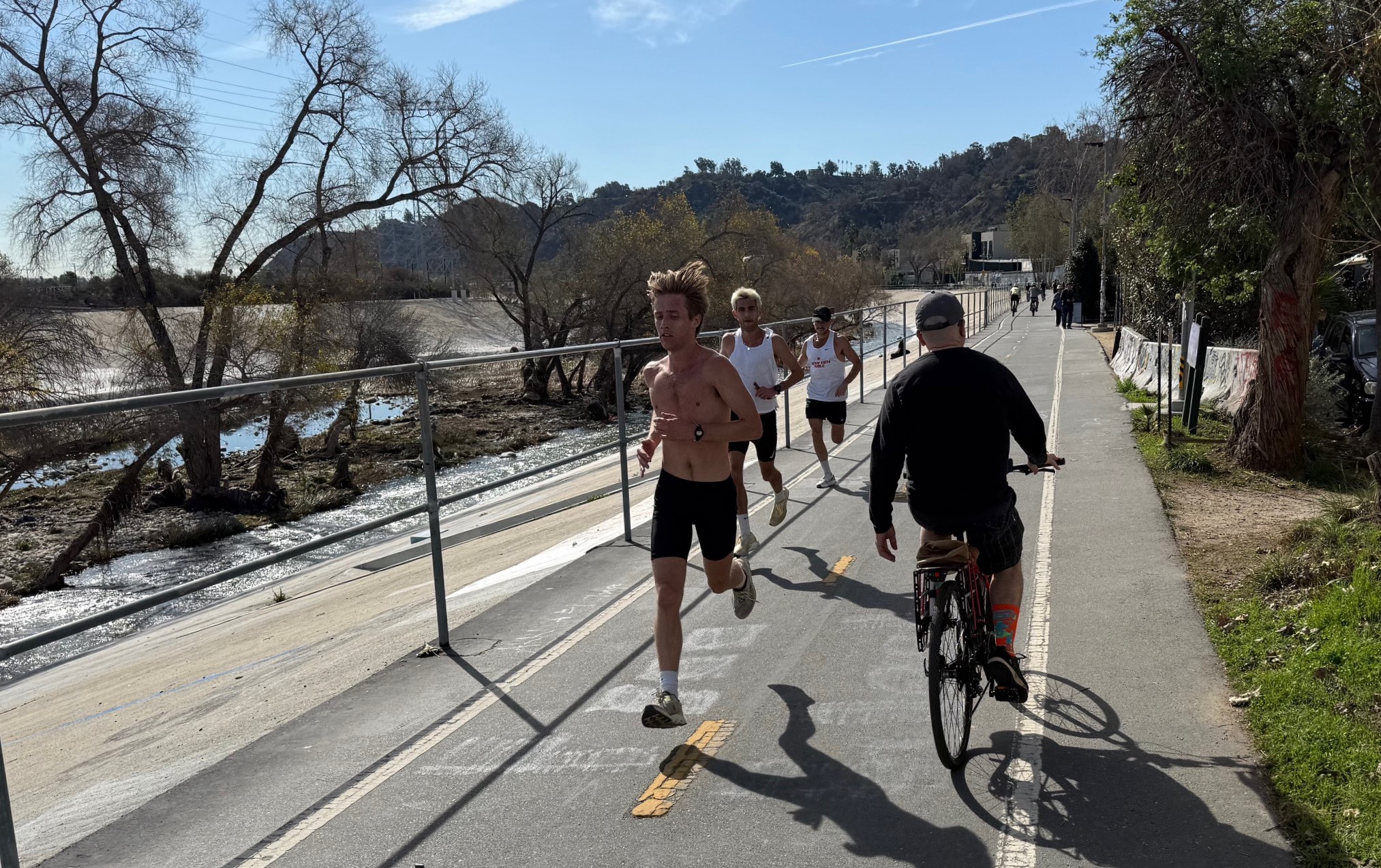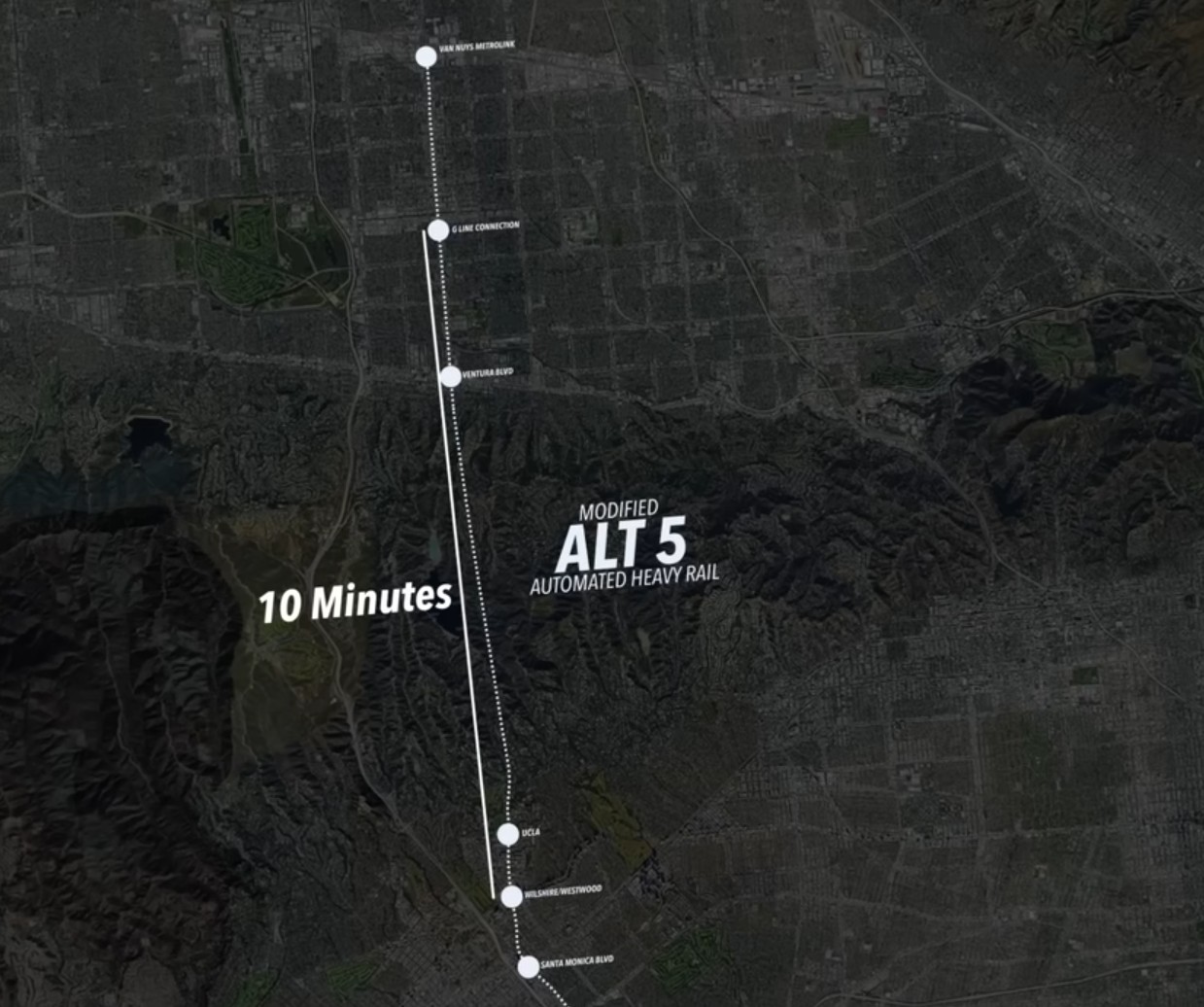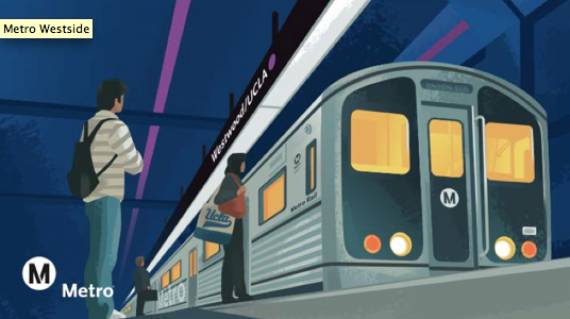
Earlier this month the L.A. Times headlined its coverage of the release by Metro of the draft environmental studies for the Purple Line westward extension "Proposed Westside subway will do little to relieve traffic congestion, report shows" as if this was a searing revelation. Just proof again of the sad decline of the Times these past few years.
The follow-up anti-subway drum beat started up immediately. Richard Lee Abrams is a lawyer who has been of late placing ranting opinion pieces on the CityWatchLA website denouncing mass transit as 19th century technology and a scam to aid and abet developers and their evil plans to densify the city. His article on the subway draft environmental report doesn't merely carry the ominous title "Westside Subway Study is Defective" but has the subheading "The Manhattanization of LA". His solution is telecommuting which he claims is on the cusp of being a real way to do most of your business from the convenience of home. He calls it Virtual Presence. I call it a pipedream.
Then the L.A. Weekly engaged in a hit piece on the subway, quoting well known anti-rail zealots James Moore and Wendell Cox along with a smattering of statistics bent to make it appear the project is an utter disaster in the making.
The latest to join the anti-subway dogpile is Mark Lacter, who writes on business for LA Observed. As a long-standing critic of the project it is no surprise his commentary is titled "Cracks start to appear in subway boondoggle" while the piece itself includes such words and phrases as "nonsensical", "this project is as good as dead", " supporters are desperately looking for cover" and "politically inspired flim-flam". He even hints a Republican takeover of Congress resulting from the upcoming midterm elections would spell doom for the project. I guess he doesn't remember the original Red Line was able to get federal funding in the midst of the very anti mass transit Reagan administration. Given the cost effectiveness numbers prospects for federal funding are fairly good if and when the transportation trust fund situation is resolved (hopefully next year).More than a few have asked who said the purpose of rail transit is to solve the problems of auto congestion? Also I see the entire argument as a strawman: Traffic is not a static situation. Any relief would be unnoticed as latent demand (drivers who otherwise would decide not to drive due to congestion) refilled the roads. New York has a stupendous subway system yet still suffers from gridlock. Does that make the subway a failure?
Congestion pricing like they have in downtown London is the real means by which to solve the problem of crowded roads and the subsidies that create same. But don't hold your breathe for that one here any time soon--it would be truly visionary and challenge the status quo if a leader promoted pricing for L.A. Moore in the Weekly promoted expanding road capacity when if he had any understanding he'd have instead touted pricing. And note the critics say zero about ridership, therefore obscuring what a tremendous amount of use this subway line will have from day one. That truth will soon reassert itself and the collection of naysayers will go back to their grumbles and gripes while the process continues to move forward.

